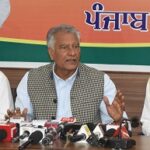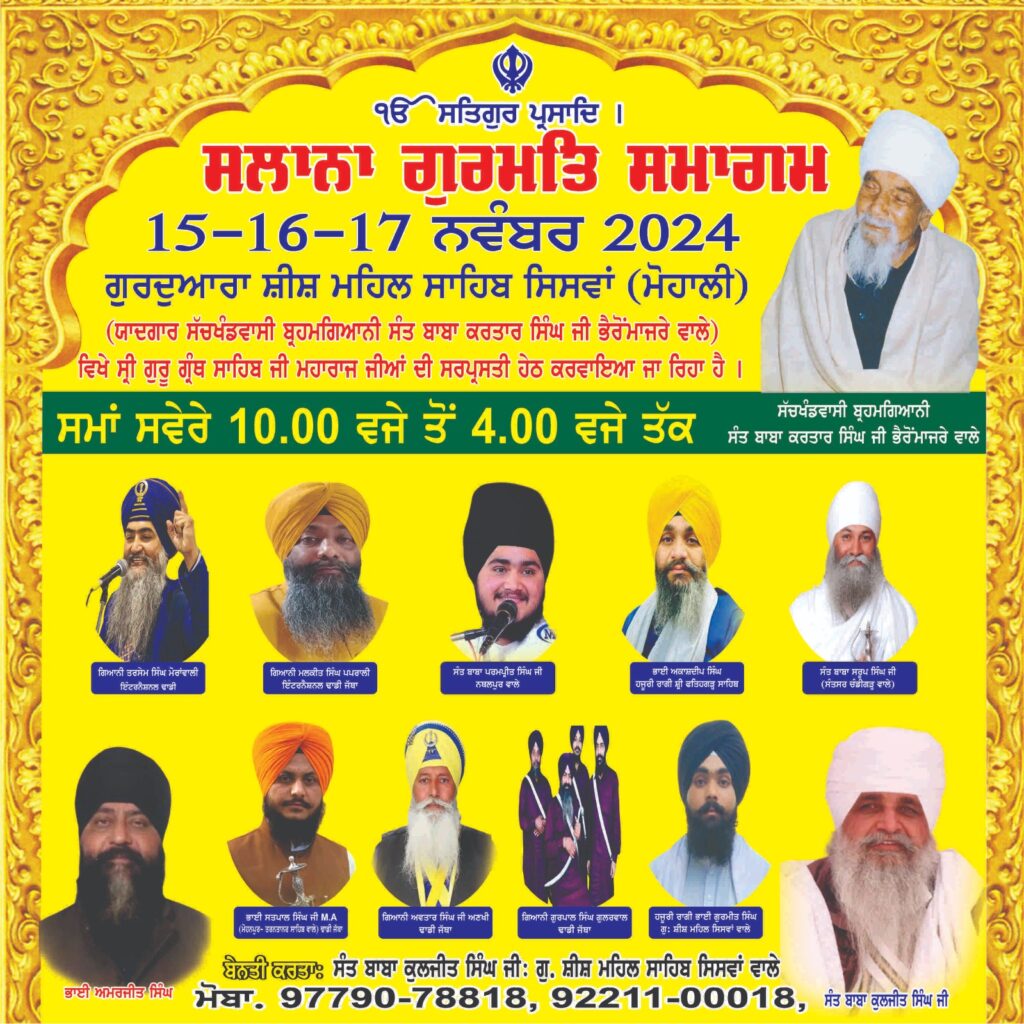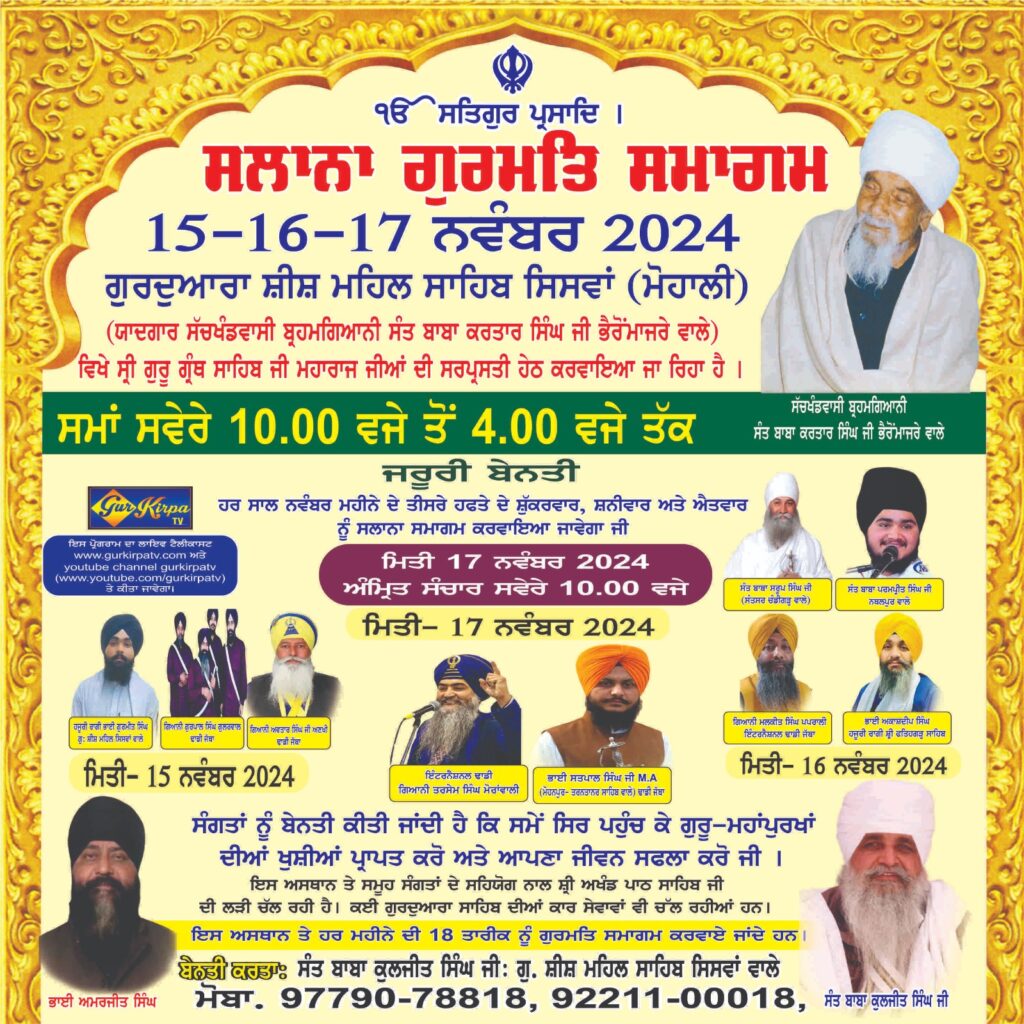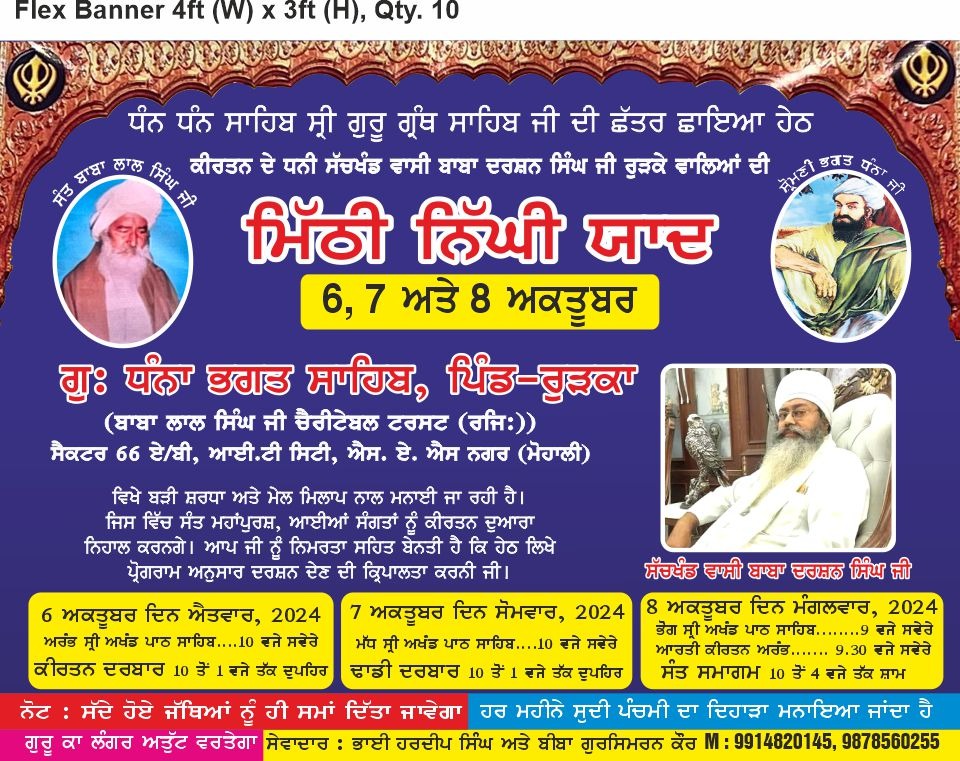Chandigarh, May 6:(Harbans singh)
The Finance Minister Advocate Harpal Singh Cheema on Tuesday announced that the groundbreaking new mining policy of the Punjab Government fundamentally shifts the control of sand and gravel resources directly into the hands of the people, effectively curbing corruption and significantly increasing state revenue. The Finance Minister announced this as he along with Mining & Geology Minister Barinder Kumar Goyal unveiled standardized online application forms for Landowner Mining Sites (LMS) and Crusher Mining Sites (CRMS) on the official Punjab Mining Portal.
Addressing the media on this occasion, the Finance Minister said that the key highlight of the new policy is the empowerment of landowners as under this revamped framework, landowners will now have the direct right to mine sand and gravel on their own land without the need for auctions. Furthermore, the new mining policy incorporates robust technological measures to eradicate illegal mining activities with the mandatory deployment of cameras and Radio Frequency Identification (RFID) surveillance across mining sites and transportation routes. He said that this pivotal change would eliminate the role of intermediaries and potential for monopolization, placing the power directly with the rightful owners of the land.
“We are committed to ensuring complete transparency and accountability in the mining sector, in contrast to the previous SAD-BJP and Congress regimes that patronage and encouraged the illegal mining to fill their coffers ,” said Finance Minister cheema while adding that the implementation of advanced surveillance technologies would act as a strong deterrent against illegal trade, safeguarding our natural resources and ensuring that the benefits of mining reach the public, rather than a select few who seemingly profited under the old guard.
Highlighting online mining application procedures, the Finance Minister said that it exemplifies AAP government’s commitment to administrative transparency, procedural simplification and technological integration. He informed that the standardized application forms are now accessible on the official portal (https://minesandgeology.punjab.gov.in) and are available to all prospective applicants with immediate effect. The landowners can now seamlessly apply for mining permissions through a user-centric interface that prioritizes accessibility and simplicity. The applications will be processed with unprecedented expediency, ensuring that eligible landowners can commence legitimate mining operations without procedural impediments.
Mining & Geology Minister Barinder Kumar Goyal informed that this initiative features immediate application availability for sites already included in approved District Survey Reports (DSRs), alongside a streamlined pathway for landowners with mineral-bearing lands not yet included in DSRs to approach District Administration or Department of Mines & Geology through the District Mining Officer. The simplified application forms minimize documentation requirements, focusing only on essential credentials including landowner details, land particulars and mining proposals. Besides this, a comprehensive user manual with detailed procedural flowcharts is available on the portal to guide applicants through each step. Following document verification, the Department of Mines & Geology will issue Letters of Intent (LOI) to eligible applicants, he added.
Subsequently, applicants must secure mandatory clearances including Environmental Clearance from the State Environment Impact Assessment Authority (SEIAA) and Consent to Operate from the Punjab Pollution Control Board (PPCB). Upon submission of all required clearances, a formal mining agreement will be executed, permitting commencement of mining activities in accordance with applicable regulations, said Goyal.
The Cabinet ministers jointly announced robust applicant support mechanisms including a dedicated Complaint Cell (1800-180-2422) staffed with specially trained personnel to resolve portal-related difficulties. Besides this, Nodal Officers have been appointed at district and head office levels to facilitate application processing and environmental clearances. Regular capacity-building workshops will be conducted to familiarize applicants with portal functionalities and procedural requirements. This digital intervention will not only modernize mining operations but also foster economic opportunities for landowners while ensuring environmental sustainability through proper regulatory oversight,” he affirmed.
PUNJAB DENIED FAIR OPPORTUNITY TO DEVELOP POTASH RESOURCES: BARINDER KUMAR GOYAL
Meanwhile, Barinder Kumar Goyal said that Punjab is facing unjustifiable treatment regarding the development of its valuable potash deposits, a mineral resource that could bring tremendous economic and agricultural benefits to both the state and the nation. Despite the discovery of substantial potash reserves near Sri Muktsar Sahib and Abohar regions, an area bordering Rajasthan where similar deposits have been found, the union government has consistently withheld necessary approvals for further exploration and development.
“Potash is a crucial mineral that is not found elsewhere in the country. Currently, India imports 100% of its potash requirements, which significantly depletes our foreign exchange reserves,” said the Mining and Geology Minister.
He said that discrimination is evident in the allocation of exploration efforts. While 158 drilling sites have been established in Rajasthan’s adjacent area to determine the location, quality and quantity of potash deposits, merely nine drilling sites have been permitted in Punjab. This glaring disparity was formally raised during a recent all-India Mining and Geology Ministers’ conclave in Odisha.
During his field visit, Goyal said he dispelled widespread misconceptions among residents who feared their lands would be permanently acquired. He meticulously explained that potash extraction would occur approximately 450 meters below the surface, with minimal disruption to agricultural activities above. The test drilling required only a negligible portion of land. He said that as per study, by drilling at one place, potash can be extracted from an area of 25 acres beneath the earth.
The development of domestic potash resources would significantly advance national self-reliance, substantially reducing India’s dependence on international markets and conserving valuable foreign exchange. “This isn’t merely Punjab’s parochial concern; it’s a strategic imperative for national interest. Achieving self-sufficiency in potash production would represent a monumental milestone in India’s resource security framework,” the minister articulated.

















